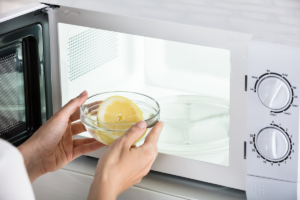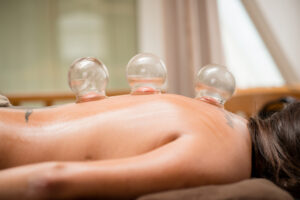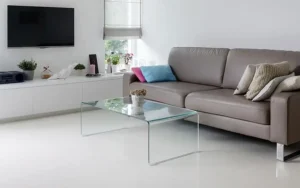If you’re looking for a way to make your glassware more durable and resistant to wear and tear, you may be wondering if you can ceramic coat glass. The answer is yes, you can! Ceramic coating provides a protective barrier against everyday use, making it ideal for bowls, plates, and other items that see a lot of wear and tear.
What is ceramic coating?
Ceramic coating is a process in which a liquid polymer is applied to the surface of an object and then cured, creating a durable layer of protection. The coating bonds with the surface at a molecular level and becomes virtually impervious to UV light, water, abrasion, and chemicals. Ceramic coatings can be applied to a variety of surfaces, including metal, plastic, glass, and composite materials.
What are the benefits of ceramic coating?
Ceramic coating provides a number of benefits for glass, including:
-Improved durability: Ceramic coating can help improve the durability of glass by protecting it from scratches, scuffs, and other types of wear and tear.
-Reduced fingerprints and smudges: Ceramic coating can help reduce the appearance of fingerprints and smudges on glass surfaces.
-Improved resistance to environmental contaminants: Ceramic coating can help create a barrier that repels water, dirt, and other contaminants.
-Improved clarity: Ceramic coating can help improve the clarity of glass by creating a smooth surface that is less likely to collect dust and other debris.
How does ceramic coating work?
Ceramic coating is a type of paint or coating that contains inorganic components, which makes it different from most other types of paint. When applied to a surface, it forms a bond that is much stronger than the bond between traditional paint and the surface. This stronger bond helps to protect the surface from a variety of environmental elements, including UV rays, corrosion, and weathering.
What are the drawbacks of ceramic coating?
Ceramic coatings are a great way to protect your car from the elements and keep it looking clean, but there are some drawbacks to consider before you have it applied. One of the biggest drawbacks is that ceramic coatings can be damaged by harsh chemicals, so you’ll need to take extra care when cleaning your car. Additionally, ceramic coatings can chip and scratch easily, so you’ll need to be careful when driving and parking.
How to apply ceramic coating?
Before applying the ceramic coating, the surface must be cleaned of all dirt, grease, and other contaminants. The surface can be prepared with a variety of cleaners, including soap and water, alcohol, or a strong degreasing agent. Once the surface is clean, it must be completely dry before the coating can be applied.
Ceramic coatings are typically applied with a sprayer or roller. If using a sprayer, it is important to evenly apply the coating to avoid streaks or pools of coating that could cause impairment. Once the coating is applied, it needs to be cured before it can provide full protection. curing typically requires the use of an ultraviolet light source, such as sunlight or a curing lamp.
How to remove ceramic coating?
There are a few ways to remove ceramic coating from glass. You can use a chemical stripper, sandblasting, or a mechanical process like bead blasting or grinding.
How to care for ceramic coated glass?
It is important to note that ceramic coated glass is not completely scratch-proof. However, it is more resistant to scratched than regular glass. In order to keep your ceramic coated glass looking its best, avoid using harsh cleaning chemicals or abrasive materials. Instead, use a soft cloth and mild soap to clean the surface.
FAQs about ceramic coating
Q. What is ceramic coating?
A. Ceramic coating is a thin layer of material that is applied to the surface of an object. This layer can be made from a variety of materials, but most commonly it is made from silicon dioxide (SiO2).
Q. How does ceramic coating work?
A. When applied to the surface of an object, ceramic coating forms a bond with the surface that is both strong and durable. This bond helps to protect the object from scratches, wear, and tear. In addition, ceramic coating can also provide resistance to UV radiation, chemicals, and other damaging agents.
Q. What are the benefits of ceramic coating?
A. The main benefit of ceramic coating is its ability to protect the surface of an object from damage. By forming a strong and durable bond with the surface, ceramic coating can help to prevent scratching, chipping, fading, and other forms of wear and tear. In addition, ceramic coating can also offer resistance to UV radiation, chemicals, and other agents that can cause damage to the surface of an object.
Q. Are there any drawbacks to ceramic coating?
A. One potential drawback of ceramic coating is its cost. When compared to other methods of protection (such as paint or wax), ceramic coating can be more expensive. In addition,ceramic coatings must be reapplied on a regular basis in order to maintain their efficacy












